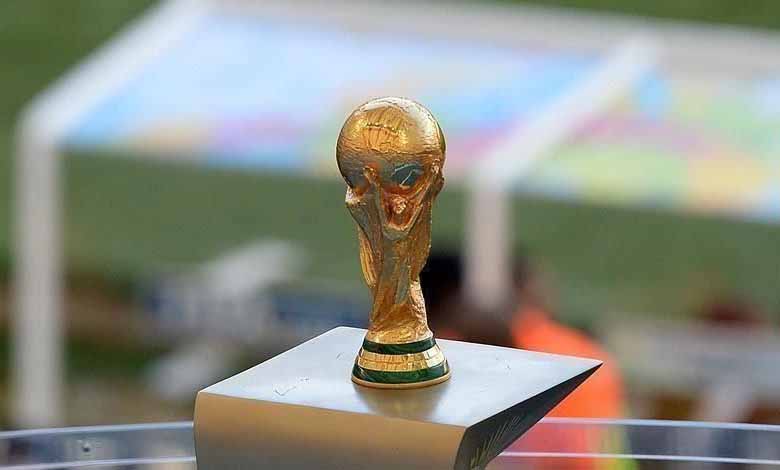The New York Times: The world of sports has paid a high price for granting the Qatar World Cup

The New York Times considered that the entire international sports sector paid the price of holding the 2022 World Cup in Qatar, and that in order to polish Doha and achieve the revenues from the international tournament, the world paid a heavy price.
- Merkel’s potential successor: Qatar is not the best for the World Cup
- Details of Qatar’s “black” sports history
“As preparations for the 2022 World Cup begin, there is a sense that host country Qatar will receive the proceeds, despite a decade of international criticism and anger over what has happened over the years”.
Over the past 11 years, more than a decade of anger, scandals, accusations and controversy has passed, prompting some to ask why it is worth so much effort!
The cost of the project and the stadiums built in the Western Sahara was expected, and is mentioned in the proposal, but those hundreds of billions were not the only price paid for the 2022 World Cup, the newspaper said.
The New York Times considered this decision fundamentally irreversible, because this week, when the Premier League unveiled its agenda for the coming season, it proudly announced that it had figured out a way to limit the impact of the 2022 World Cup in one campaign, in reference to the disadvantages of the upcoming World Cup in Qatar.
The impact of the championship was so great that it hit the fabric of the sport, the newspaper said.
- Under the cover of supporting the Afghans: Qatar attracts 2,000 from Afghanistan
-
Qatari Al-Jazeera announcer attacks Morocco
Awarding the tournament to Qatar led to the fall of a whole group of famous and educated nobility in FIFA. It has led to sweeping anti-corruption investigations and revelations about what happened at luxury hotels.
The awarding of the tournament to Qatar put more than a handful of people on the wanted list and put them in jail, ended Michel Platini’s career, and toppled Blatter.
The newspaper considered that the awarding of the International Championship to Qatar caused more than that because it undermined confidence in the board, which was supposed to represent the best interests of the game, and this violently tore apart the relations between FIFA and all the organizations that feed it, such as federations, tournaments, clubs, unions, and fans.
The newspaper said: The 2010 vote for Qatar was not the main sin of football, explaining that hatred and distrust had become the hallmark of sports before Blatter, and awarding the tournament to Qatar suddenly exposed the corruption.
It is hard not to believe, therefore, that from that day on, the divisions in the world of football have become more pronounced, more real, and tougher, and that the game has never recovered from the malaise of corruption since then.
The New York Times emphasized that those who participated in the vote, targeted by the investigation, and chased out of office by Swiss police or arrested from their beds, would likely be on the view that it would have been better if Australia had won.
It continued: “Also, of course, are those migrant workers who died during Qatar’s unprecedented construction boom in the years since it won hosting rights”, noting that estimates vary on how many have lost their lives for Qatar’s imaginary ambition: According to the event’s organizing committee, 38 died; estimates are that 6,500 people died in five countries in South Asia alone, according to an independent investigation. Unfortunately, the latest report is likely to be more accurate. Both numbers are generally very high.
The newspaper considered that Doha escaped accountability despite all these criticisms, and that all the hardships that lasted for 11 years only brought accountability about by the forced labor system, which forced all these migrant workers to work in extreme heat in projects with triumph and hubris on the ground, and prevented them from leaving.
“The years revealed Qatar’s poor human rights record and its fragmented social fabric”, the newspaper said.













